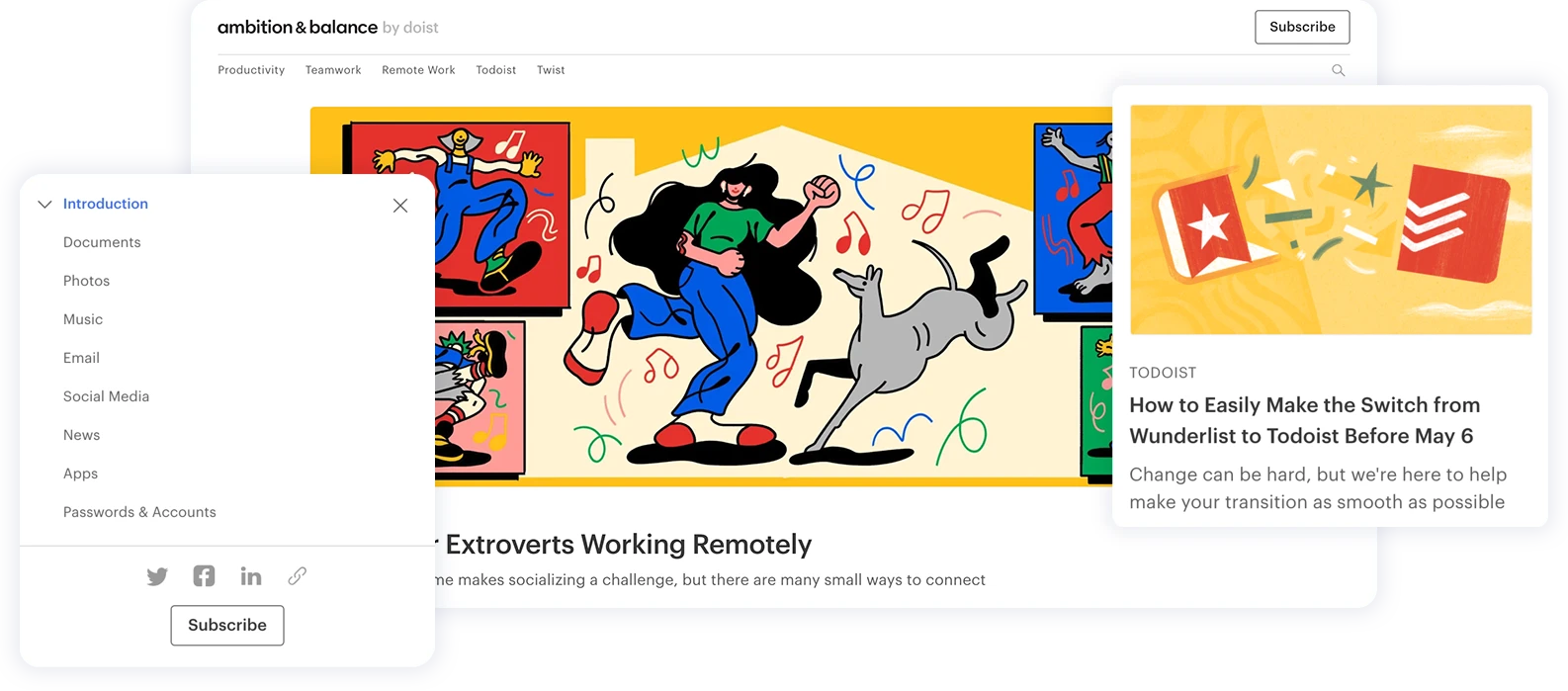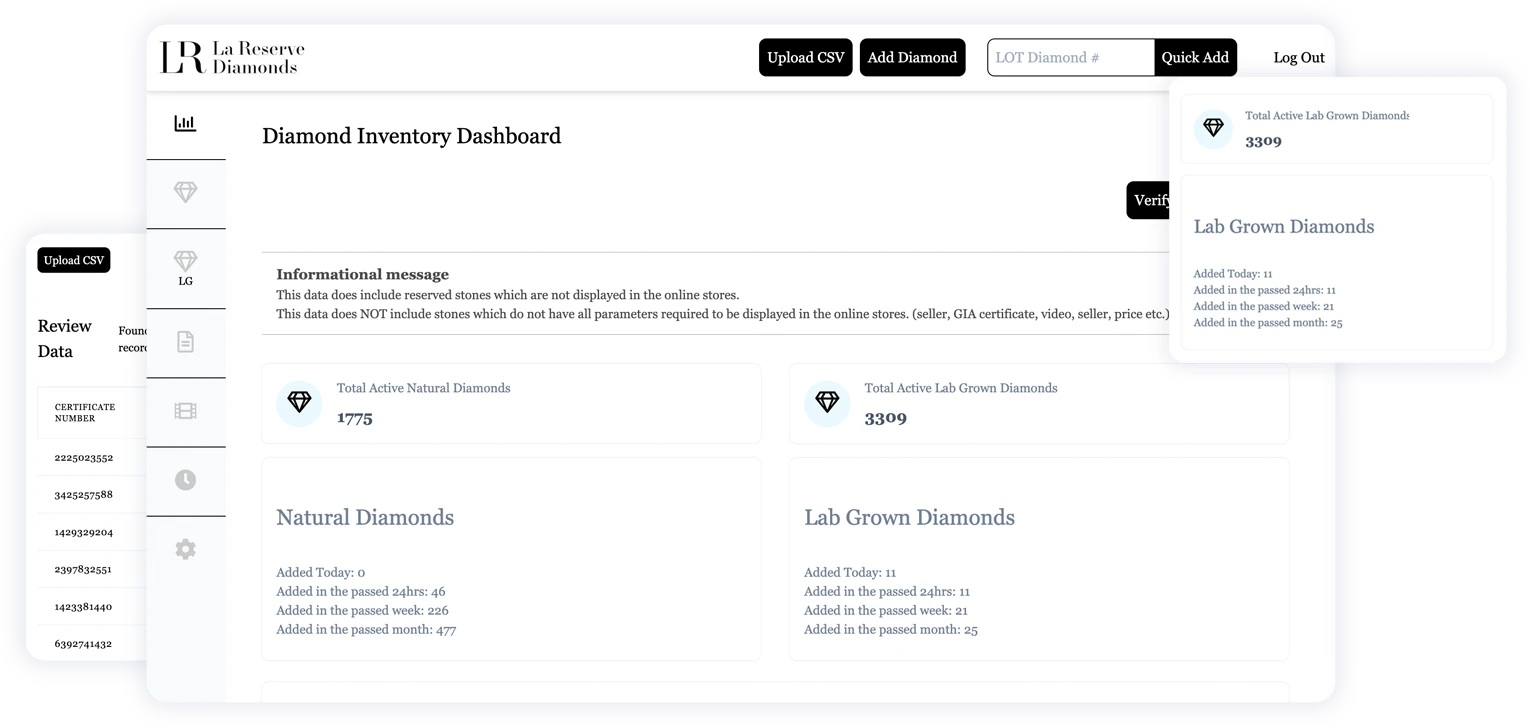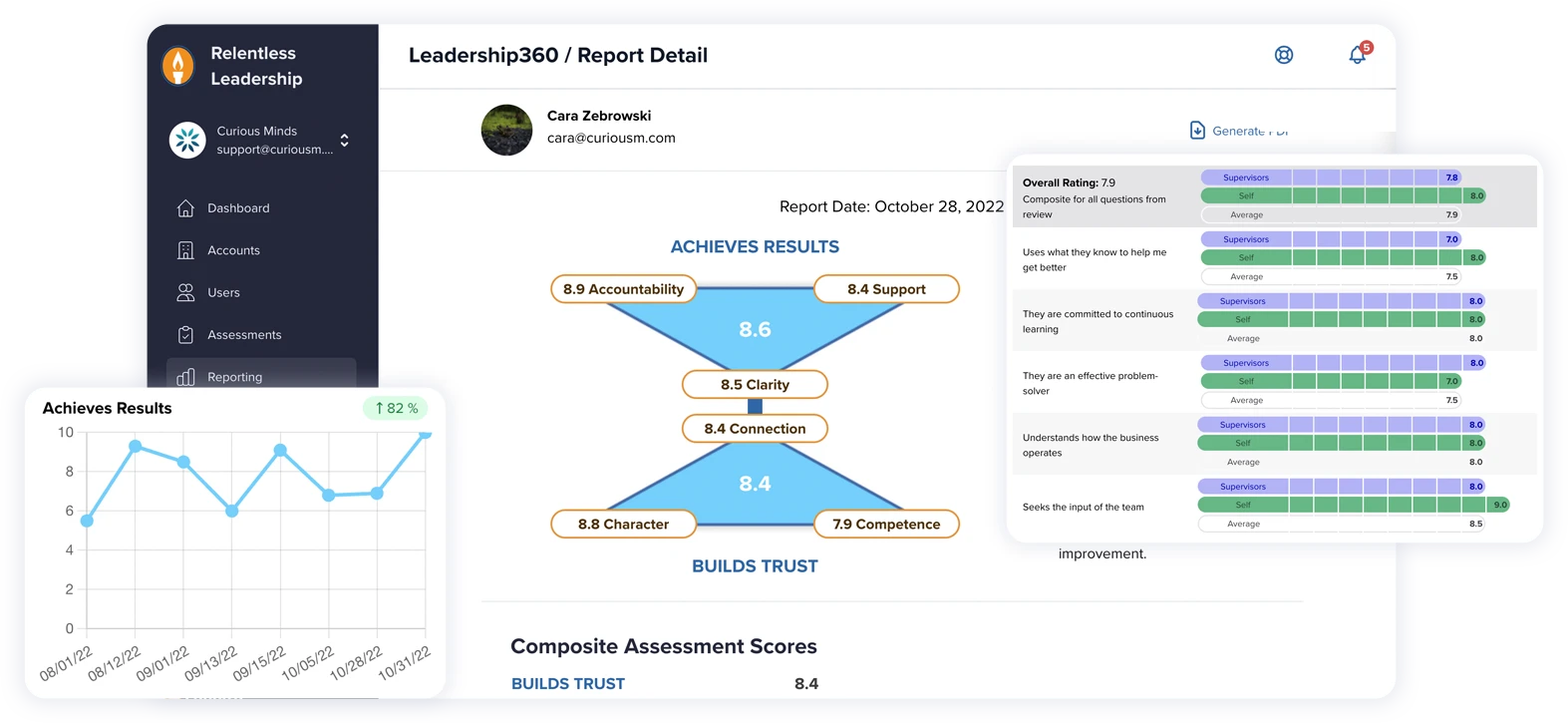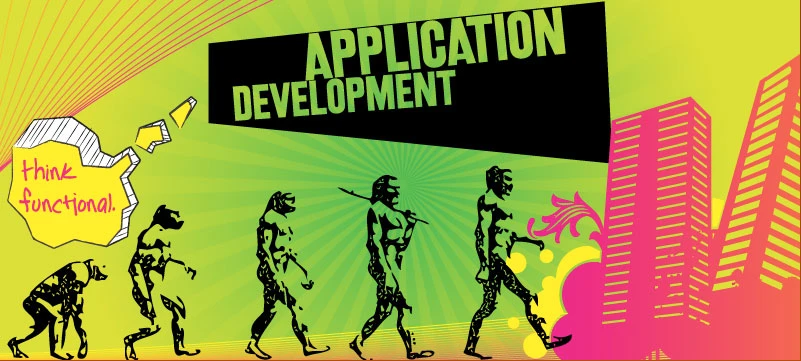SEO has entered a new era. In 2025, the way we optimize content isn’t just about ranking on Google—it’s about being cited, surfaced, and synthesized in AI-generated answers. With AI Overviews, ChatGPT Search, and Perplexity changing how information is delivered—and technologies like large language models and multimodal search powering them—marketers have to rethink how they optimize content.
At Curious Minds, we’re focused on what matters most– making sure your content is recognized and referenced by these new systems. Here's how we’re optimizing SEO for AI—right now.
Keyword Research Has Moved Beyond Keywords
Yes, we still do keyword research—but it’s evolved. The landscape has moved beyond identifying single keywords and prioritizing based on search volume. It’s now a more nuanced and strategic practice that centers on understanding user intent, search context, and the full customer journey.
Tools like Semrush, Moz, and Ahrefs go deeper than just keyword matching. They help us uncover long-tail phrases, question-based searches, and semantically related terms that reflect what users are actually trying to accomplish.
The shift starts with intent. For example, someone searching for “running shoes” might want to buy a pair, compare brands, or learn what features to look for. Understanding that intent helps us build pages that directly answer those needs.
Search engines are also better at interpreting meaning, thanks to advances in semantic search and AI. That means your content doesn’t need to repeat exact keywords—you can use natural language and still be understood.
Creating topic clusters around core themes, using internal links and supporting content to reinforce authority and coverage is also key. It’s not just about checking boxes—it’s about building content ecosystems that AI systems and users alike can navigate and trust.
Lastly, competitive analysis and real-time data help us identify what’s working and where gaps exist. Combined with solid technical SEO and great UX, our keyword strategies stay flexible and aligned with what matters most– helping the right people find the right information at the right time.
Writing for AI Systems (and Humans)
AI doesn’t read a web page like a person. It breaks it into chunks, looking for short, focused sections that answer a specific question. So write that way– one idea at a time, clearly labeled with subheadings.
Lead each section with a takeaway, then explain. It’s a simple format that works well for humans and for AI. And while we build for structure, don’t lose sight of tone. The content still has to sound like you—clear, credible, and useful.
Schema helps. Implementing Q&A and HowTo markup so systems like Google’s AI Overviews and Perplexity know exactly what they’re looking at. But none of that matters without strong writing underneath. Even with all the technical enhancements– clarity, tone, and credibility make the biggest difference.
Getting Picked Up by AI Overviews, ChatGPT, and Perplexity
Search engines are becoming answer engines. With zero-click results and AI summaries on the rise, we’re now optimizing for citations and visibility—not just traffic.
Zero-click results occur when users get the answers they need directly in search—without clicking through to a website. These can be featured snippets, AI-generated overviews, knowledge panels, or direct answers pulled from trusted sources. While they don’t always lead to a visit, they increase your brand’s visibility and perceived authority. That’s why it’s crucial to be the source that AI chooses to quote.
To earn a spot in those summaries, content needs to be easy to understand and easy to pull. We structure our content for clarity, focus on facts, and avoid bloated intros or vague generalizations. Everything from alt text to image captions to HTML tables is designed to be readable and reusable by AI.
We’ve also shifted our mindset– it’s not about writing the longest article anymore—it’s about writing the clearest one.
Predictive Analytics and Real-Time SEO Adjustments
One of AI’s most powerful uses is in forecasting. With predictive analytics, we can spot shifts in user interest and emerging trends before they become mainstream.
That helps us prioritize content updates, tweak headlines, or spin up new cluster pages quickly. We’re not just reacting to what worked last quarter—we’re building for what’s about to trend.
And while some automation helps us act faster, we always have human review built into the loop. Predictive insights are only valuable if you use them well.’
The New SEO Metrics That Matter
As more searches end with AI-generated answers, old metrics like click-through rate don’t tell the whole story. We’ve broadened how we track performance.
Zero-click results and AI Overviews mean users are getting the information they need without ever visiting your site. That’s why we look beyond traditional analytics. We track how often our content appears in AI summaries, featured snippets, and answer boxes—even when there's no direct traffic. We also monitor referral traffic from platforms like Perplexity and ChatGPT, where link attribution is starting to appear.
Rankings still matter—but they’re no longer the only thing we track. In addition to monitoring SERP positions, we focus on growth in branded search, and how often our content is cited or referenced across AI platforms. These signals give us a clearer sense of whether our content is being trusted and used
E-E-A-T: Still Critical (Maybe More Than Ever)
AI models rely on trust signals. That’s why Experience, Expertise, Authoritativeness, and Trustworthiness (E-E-A-T) are just as important now—maybe more.
This means including bylines and bios that show subject matter expertise, linking to credible sources, and keeping timestamps current to signal freshness. Content that gets cited by reputable platforms, mentioned by experts, or included in summaries across the web reinforces these signals. The more trustworthy and clearly sourced your content is, the more likely AI systems are to surface it.
Content That Survives Personalization
AI search tools are tailoring answers to the user’s intent, preferences, and past behavior. To stay visible, your content needs to be flexible.
Write for different use cases within the same topic, include examples from different industries or regions, and create content that adapts to who’s reading. It’s not about generic answers—it’s about covering the right angles and doing it well.
Maintaining an active presence across respected sites and platforms can help your content be seen as relevant even in highly personalized search results.
How We Optimize Every Page for AI Search
Here’s what we do behind the scenes:
Each page should be structured in focused, self-contained sections. Questions should be answered clearly and early in the text. Schema markup—especially Q&A and HowTo formats—should be used where relevant. Just as important: ensure everything is crawlable. Avoid JavaScript-only content, fix any broken schema, and allow bots access to the content that matters.
Internal linking helps reinforce topical authority, while clear authorship signals (like bylines and bio schema) add to content trust. Make sure AI crawlers like GPTBot and PerplexityBot are allowed via robots.txt, and keep your site structure easy to follow.
When done well, this approach increases your chances of showing up not just in organic search results—but in AI Overviews, snippets, and citations across multiple platforms.
Optimization Checklist: How We Build for AI
✓ Structure for Standalone Clarity Break content into short, self-contained sections that make sense independently. Each section should answer a specific question or topic.
✓ Lead with Answers Begin sections with direct takeaways. Follow with elaboration and helpful context. Use schema where appropriate.
✓ Strengthen Credibility Cues Include source citations, current timestamps, and author bios. Ensure content is verifiable and fresh.
✓ Build Content Depth and Coverage Use internal linking and topic clusters to cover the subject from multiple angles.
✓ Support Visual and Structured Content Use HTML tables, descriptive alt text, and appropriate markup for media. Avoid embedding key info in images.
✓ Showcase Authority Signals Add structured data for authorship and organization, and promote content where reputable links can cite it.
✓ Account for Diverse User Needs Cover different intents, include localized variations, and segment content where helpful.
✓ Ensure Crawlability and Index Access Let GPTBot, PerplexityBot, ClaudeBot and others crawl your site. Avoid technical blockers or hidden content.
What’s Next: Where AI SEO Is Going
We’re already preparing for what comes next. We expect to see more AI summaries, more visual search, and tighter integration of voice and text. That means content has to be even more precise, even more structured, and more original than ever.
We’re also keeping a close eye on ethical concerns—algorithmic bias, misinformation, and privacy risks. As we embrace AI in SEO, we stay committed to human oversight, factual accuracy, and transparency.
Final Thoughts
SEO in 2025 isn’t just evolving—it’s being rewritten. If you want your content to surface in the age of AI, you can’t just automate what you did before. You have to rethink how your content is written, structured, and trusted.
We’re not chasing rankings. We’re building credibility—online and in AI systems alike.
Curious Minds can help you do exactly that. From strategy to implementation, we help organizations future-proof their content by aligning it with AI-powered search. Whether you need support with content architecture, technical SEO, or E-E-A-T-driven storytelling, we’re here to make sure your site earns visibility—and keeps it.


















